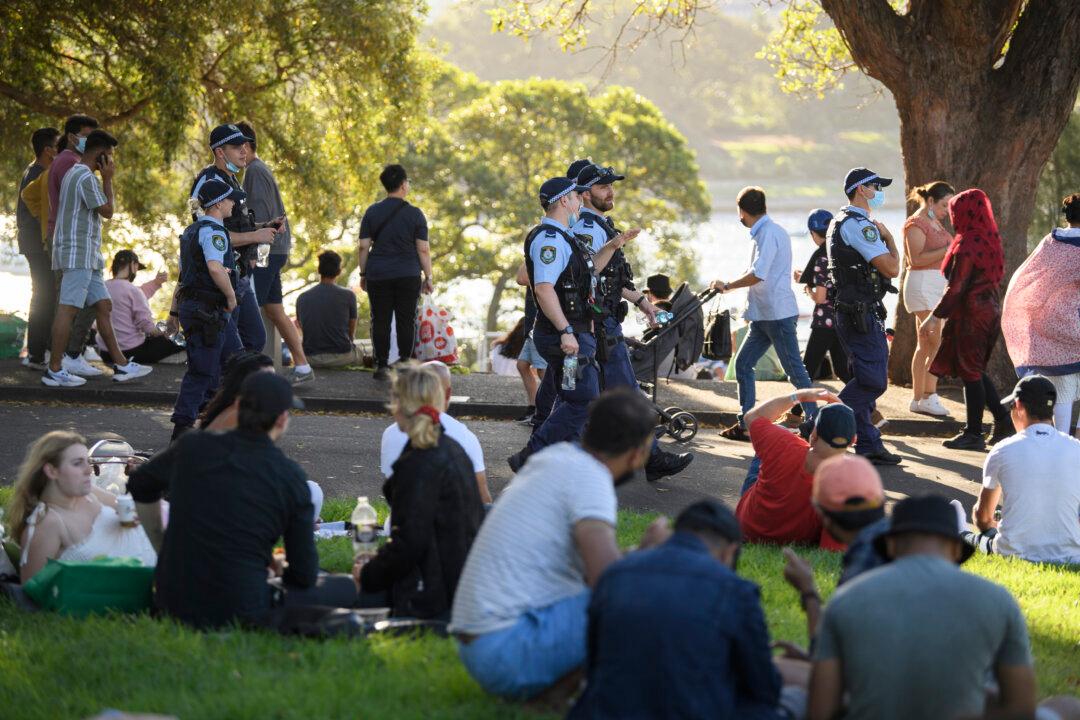The New South Wales (NSW) government is returning millions of dollars in fines to thousands of residents breaching COVID-19 restrictions introduced during the Australian state’s lockdown periods.
On Nov. 29, Revenue NSW announced that it would revoke 33,121 fines, which is more than half of the total number of COVID-19-related fines issued (62,138), following a Supreme Court’s landmark decision that invalidated the penalties imposed on three local residents.





